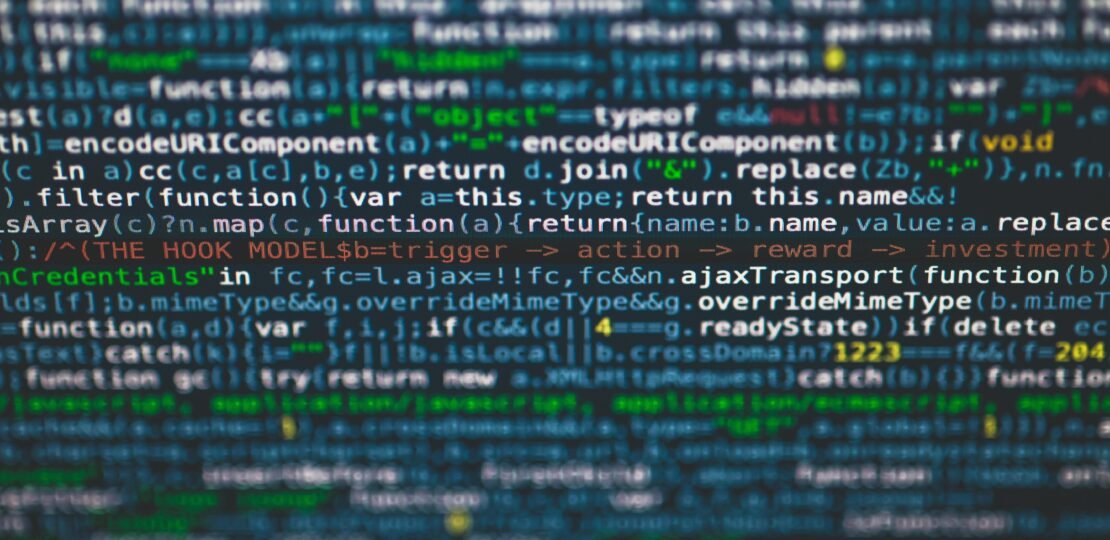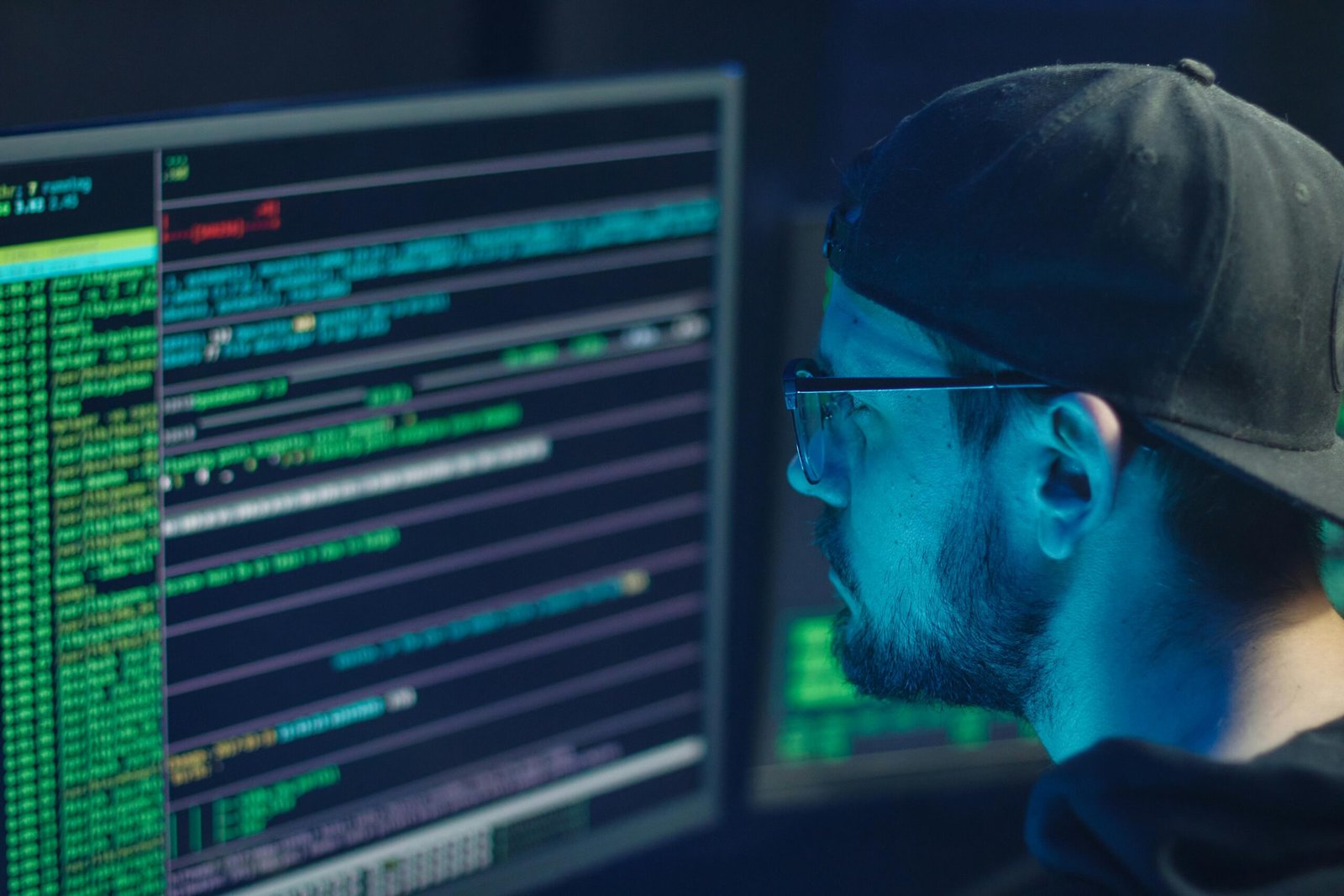Meta Drops a BOMBSHELL: “We May Halt AI Development If It’s Too Risky”
Meta’s Bold Move: AGI for the World, But Not at Any Cost
Mark Zuckerberg has made a jaw-dropping promise: Meta will one day make Artificial General Intelligence (AGI) — AI that can do anything a human can — openly available. But here’s the twist: Meta just dropped a new policy document, the Frontier AI Framework, revealing they might pull the plug on AI systems they deem too dangerous. 🚨
What’s Too Risky? Meta’s Red Lines
Meta is drawing a line in the sand with two categories of AI systems they won’t release:
- High-Risk Systems: These could make cyberattacks, chemical, or biological attacks easier to pull off. Think: automated hacks on corporate systems or aiding in the creation of biological weapons.
- Critical-Risk Systems: These are the nightmare scenarios — AI that could lead to catastrophic outcomes with no way to mitigate the damage.
Meta’s not messing around. They’re talking about AI that could change the world for the worse if it falls into the wrong hands.
“We believe that by considering both benefits and risks, it’s possible to deliver advanced AI to society while maintaining an appropriate level of risk.”
Meta’s Frontier AI Framework
How Meta Decides What’s Too Dangerous
Here’s the kicker: Meta isn’t relying on hard-and-fast rules to judge risk. Instead, they’re leaning on internal and external experts to weigh in, with senior leaders making the final call. Why? Because, according to Meta, the science of evaluating AI risk isn’t advanced enough to provide clear-cut metrics. 🧠
What Happens If an AI System Is Deemed Risky?
If Meta flags a system as high-risk, they’ll lock it down internally and won’t release it until they can reduce the risk to “moderate levels.” But if it’s critical-risk? Game over. Meta will stop development entirely and implement unspecified security measures to prevent leaks. 🔒
Meta’s Open AI Strategy: A Double-Edged Sword
Meta’s open approach to AI development has been both a blessing and a curse. Their AI models, like Llama, have been downloaded hundreds of millions of times. But here’s the catch: Llama has reportedly been used by a U.S. adversary to build a defense chatbot. 😬
This new framework might also be a shot across the bow at Chinese AI firm DeepSeek, which releases its AI systems openly but with few safeguards, making it easy to generate toxic outputs.
The Bigger Picture: Balancing Innovation and Safety
Meta’s Frontier AI Framework is a clear signal: they’re committed to pushing the boundaries of AI, but not at the cost of global safety. As Zuckerberg puts it, they’re walking the tightrope between innovation and responsibility.
“The stakes are too high to get this wrong. We’re building the future, but we’re doing it with our eyes wide open.”
Meta’s AI Development Team
What’s Next for Meta and AI?
As the AI landscape evolves, so will Meta’s framework. One thing’s for sure: this isn’t just about technology — it’s about shaping the future of humanity. And Meta is making it clear: they’re not afraid to hit the brakes if things get too risky. 🛑



